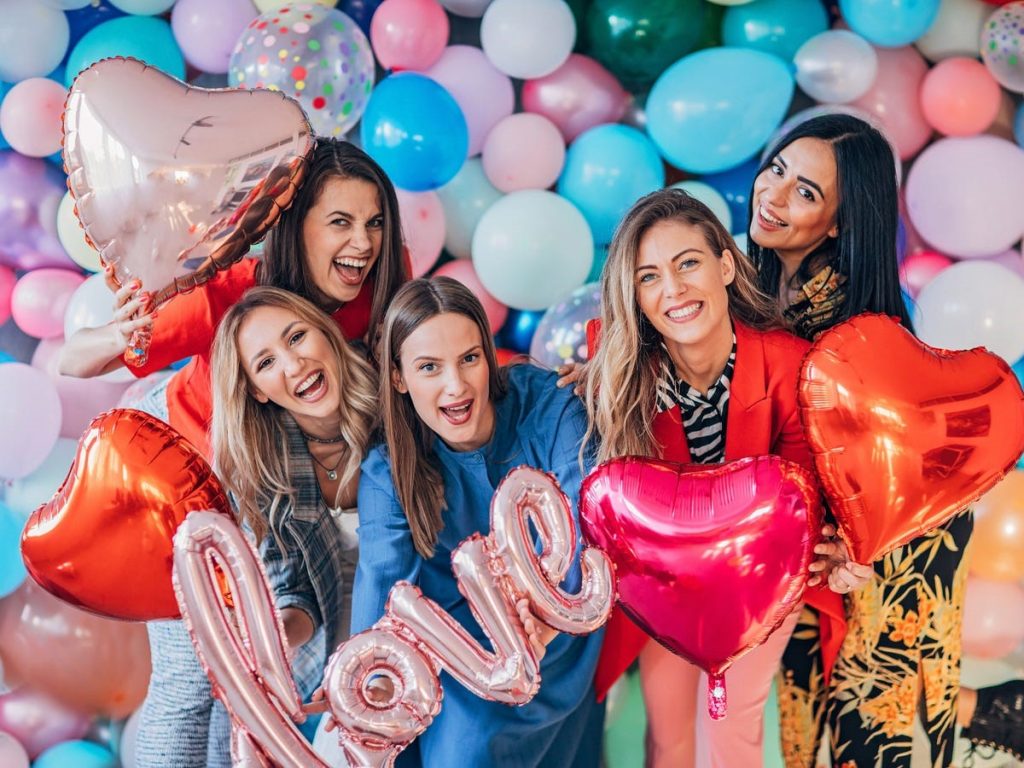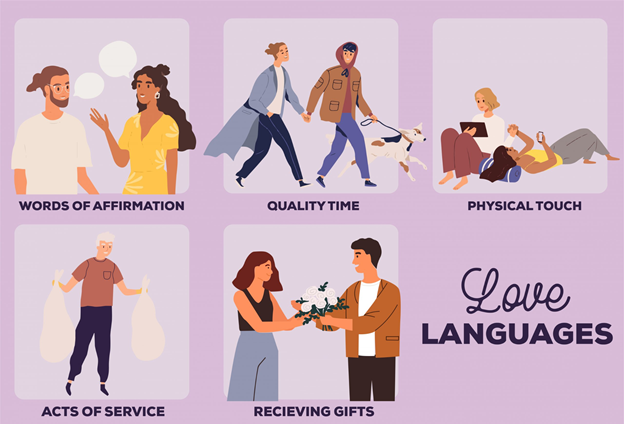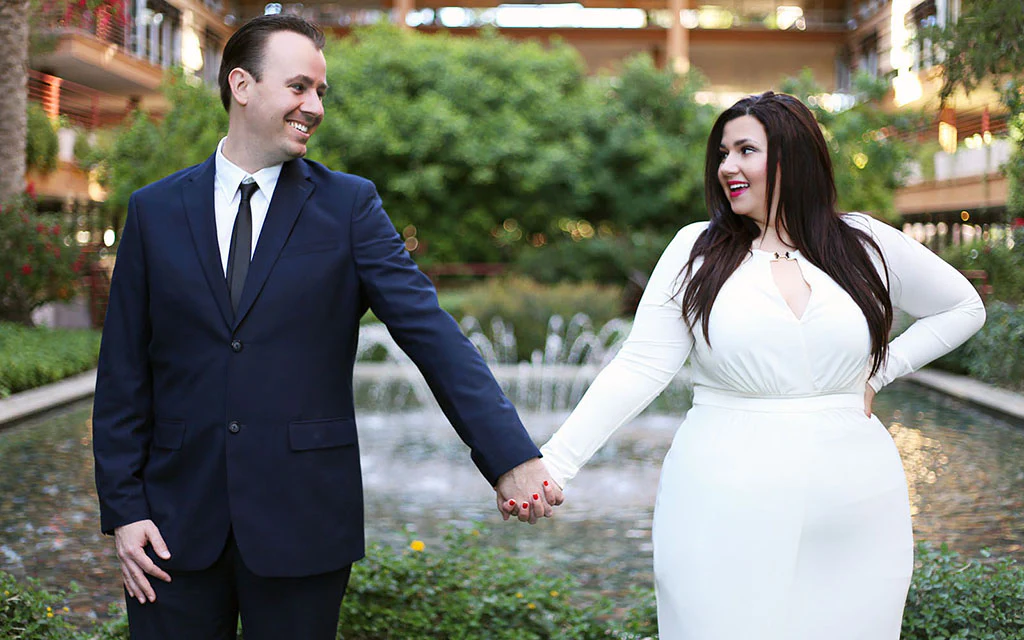“Love doesn’t always mean romance. Sometimes, it’s the person who shows up for you at your worst and celebrates you at your best.” – Gold Alfred Valentine’s Day has long been the highlight of love celebrations, but Galentine’s & Lovers’ Day is an opportunity to recognize all the meaningful relationships that make life special. Whether you spend it with a romantic partner, best friend, or a mix of both, this day is about appreciating the people who uplift and support you. Love isn’t just about grand gestures; it’s about laughter, deep conversations, and moments that bring warmth to our hearts. Why Friendships and Love Matter Equally In a world that often prioritizes romance, friendships play an equally crucial role in our happiness and well-being. Research from the Journal of Social and Personal Relationships (2024) highlights that strong friendships improve mental health, enhance happiness, and even increase life expectancy. Think about it—who…
Quick & Chic: DIY Christmas Decorations for Busy Women on the Go
“A well-decorated home doesn’t just look good; it feels like a warm embrace, even on the busiest days.” — Kelly Wearstler, Renowned Interior Designer Christmas is almost here, and for busy women juggling careers, family, and personal commitments, decorating for the festive season can feel daunting. But fear not—creating a beautifully adorned home doesn’t have to consume all your time. With simple yet stylish DIY ideas, you can effortlessly add holiday magic to your space. This guide brings together global inspirations to help you design a festive and inviting home in no time. Scandinavian-Inspired Wreath Time: 15 minutes Scandinavian design’s minimalism and natural elements make it perfect for quick yet chic holiday décor. What You Need: A metal hoop Pine or eucalyptus branches Twine or floral wire Ribbon How to Make It: Secure the greenery to one side of the hoop using twine or wire. Finish with a simple bow…
What Is Your Love Language?
By Tanya Maswaure
Recently I have found that every time I switch on my phone and look through websites about love and relationships, ‘love language’ has become a popular topic. What exactly is a love language?
How To Know the Person You Are In A Relationship With Is Good For You: 6 Pointers
For a relationship to be successful, it requires hard work. Once you get past the first phase of infatuation, often referred to as “the honeymoon phase”, reality begins to set in, and you begin to understand your partner better, whether or not they might be right for you.
Plus Size People Also Deserve To Be Loved
By Goodnews Buekor.
A video of a couple trended on Tiktok just recently. It is the way stories emanate these days, isn’t it? Alicia Mccarvell posted a video of her and her husband preparing for a friend’s wedding. The video, which has over 22 million views, has received severe criticism and derogatory remarks from TikTok users. Why? Because Alicia is a plus-size woman.
This Thing Called Love
The concept of love means so many things to so many people, and until we get the meaning of love right, a lot will continue to go wrong in our relationships.
How To Leave A Toxic Relationship
“Philip was the sweetest man I had ever met. He was everything I wanted in a man. At last, I found my answered prayers, I thought. It was barely two months into our relationship that I realized I had made a mistake. Philip was a control freak. He wanted to know where I was at every second, he controlled my finance, monitored my life, and worst still, he hit me at any chance.” “I never thought this would happen to me. “Whenever I took up the courage to confront him, he would lock me up for days. He cut me off from my loved ones and friends. He finds fault with everybody else and why they were not good enough. “I am thankful that I left. It was not quite easy. But I ended the relationship, and I am glad I did,” explained Jovita, my neighbour.” Ideally, no one desires…







